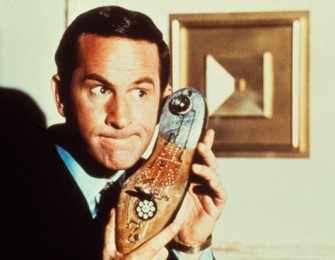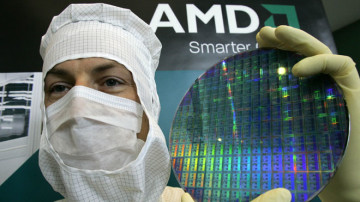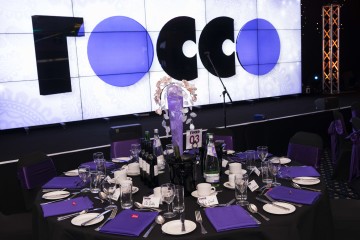 The Association for Passive Optical LAN (APOLAN) said that it is time that more resellers and vendors put their customers on a high fibre diet.
The Association for Passive Optical LAN (APOLAN) said that it is time that more resellers and vendors put their customers on a high fibre diet.
The outfit has just compiled a report which shows that network users’ demand for connectivity is growing like topsie and this creates a need to re-evaluate the network backbone technology options that can support today and tomorrow’s needs.
Put simply, fibre-based networks deliver significant benefits that traditional copper-based LANs can’t match.
The findings of its APOLAN member survey, ranking the key benefits the next generation technology is delivering to modern IT networks. Findings show tangible green benefits, reduced spacing requirements, and superior scalability top the list as the benefits that most influence adoption and impact for optical LAN customers.
The top five selling points for passive optical LAN customers are:
- Tangible contributions to environmental green initiatives: With no power consumption, minimal HVAC needs and reduced equipment needs, passive optical LAN provides stronger green benefits to enterprises compared to copper-based networks. This technology supports LEED and Green Globe certifications.
- Reduced spacing requirements: Unlike copper-based LAN need for telecom rooms, passive optical LAN uses very little space in a building due to its reduced equipment and cabling requirements and limited powering and cooling needs. This means space savings for enterprises that can convert this extra space into more comfortable areas or in revenue-generating areas.
- Superior scalability and availability: To keep up with growing connectivity needs, modern network backbone technologies need to deliver scalability to accommodate more bandwidth needs as well as availability that keeps business going, with no unplanned interruption. In both situations, passive optical LAN provides superior rates when compared to copper-based LAN.
- Time-saving opportunities to IT teams: Due to its reduced component needs and network simplicity, passive optical LAN requires little time to be deployed and maintained. Another time-saving benefit when compared to copper-based LAN, is its certification period. Typically, it takes three and a half days of training, compared to several weeks required for a copper-based network.
- Lower capital and operational costs: Because of less equipment and lower energy and cooling needs, passive optical LAN is simpler to deploy and to support, delivering greater cost reductions both short and long-term to enterprises. In another significant cost benefit, POL needs less frequent upgrading, every 10 years or more compared to every 5-7 years with copper.
APOLAN President and Chairman Thomas C. Ruvarac said: “The survey clearly brought the key network benefits that enterprises can experience when deploying fibre-based networks,” said. “Passive optical LAN is the only network technology that can support the convergence of services, including video, data, and smart building connectivity, with improved network speed and performance.”
APOLAN membership is formed of heavyweight industry leaders that are shaping the network and connectivity future in the hospitality, healthcare, enterprise, building and construction, retail, manufacturing, financial, and education areas as well as in government. The survey was open to all Association members to offer inputs into the key network and technology benefits of the technology that were relevant to the market.



















